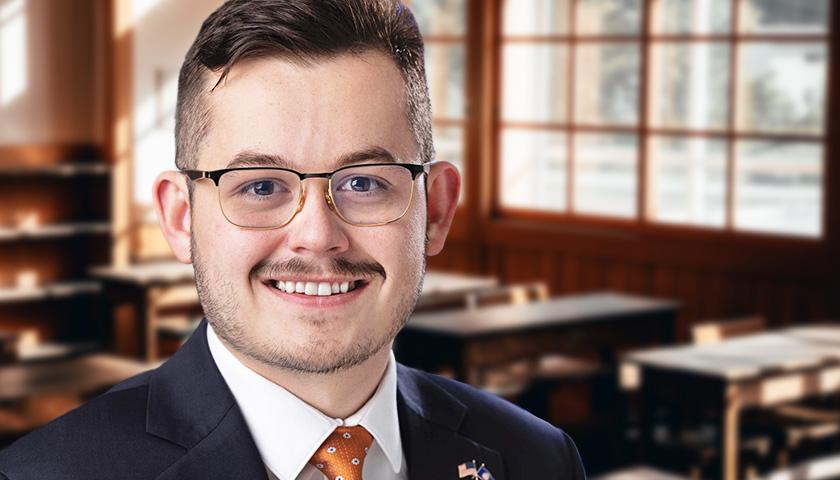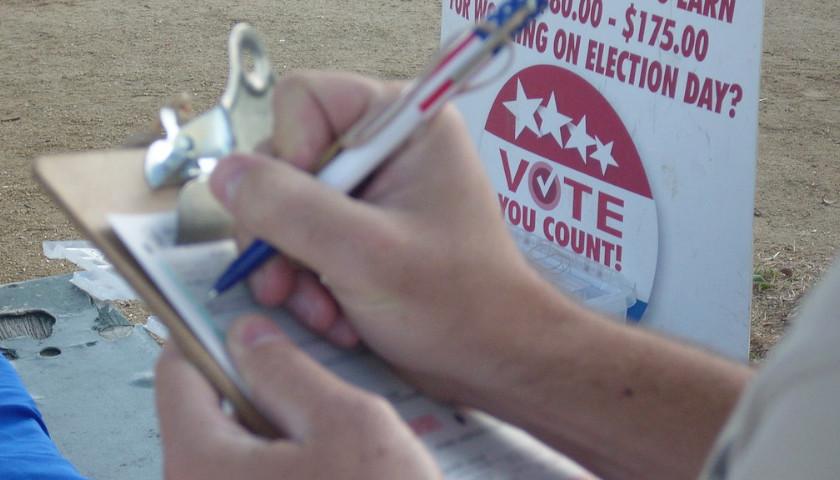by Benjamin Yount
Students in Wisconsin are a step closer to having to take a financial literacy class to graduate from high school.
The Assembly on Wednesday approved a plan that would require a class on credit, credit cards, investing, and basic financial skills. State Rep. Calvin Callahan, R-Tomahawk, said the idea is to make sure that high schoolers can make smart financial decisions once on their own.
“Knowledge of financial literacy is critical in today’s world. It is tragic that so many Wisconsinites are living paycheck-to-paycheck,” Callahan (pictured above) said.
The plan would require a half-credit, or a single semester, of financial literacy in order to get a diploma.
Nearly 20 states already have similar requirements, and Callahan said another 19 states have introduced financial literacy classes this year.
Rep. David Steffen, R-Howard, said about one-third of Wisconsin schools offer a financial literacy course, even though it’s not required.
“Understanding the fundamentals of savings, investments, debt, insurance, and more are key to setting our kids up for financial success,” Steffen said. “Equipping students with the tools they need to be successful and financially prepared for life post-graduation should be a core goal in our education system and this bill is an important step toward reaching that goal.”
“This is something that will move us, in a positive light, into the future,” ssaid Rep. LaKeisha Meyers, D-Milwaukee. “And allow our students to do some good. And hopefully they can do better, and make more money than us.”
The legislation passed the Assembly 95-1; Rep. Ryan Clancy, D-Milwaukee, was the lone vote against.
– – –
Benjamin Yount is a contributor to The Center Square.
Photo “Calvin Callahan” by Calvin Callahan. Background Photo “Classroom” by 2y.kang.






The requirement makes sense, so many children are graduating without any financial skills. I hope the educators expand the course just a bit to talk about municipal or state finances. Students could see there are no free rides. The expense for all programs has to be paid often at the expense of funding an existing program.